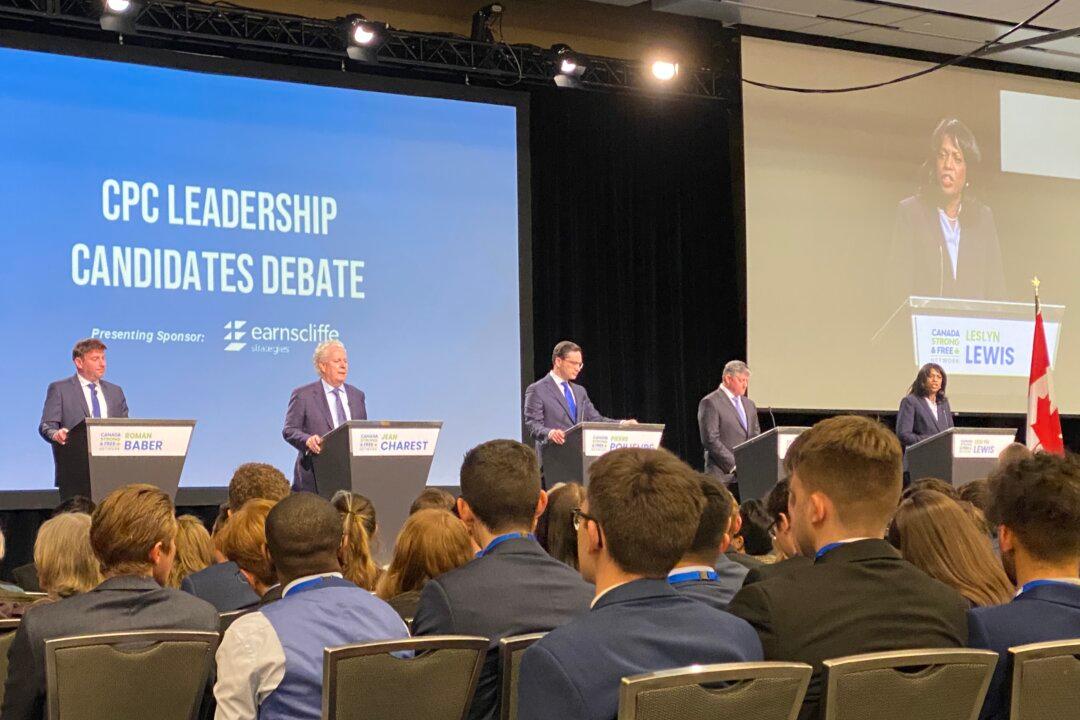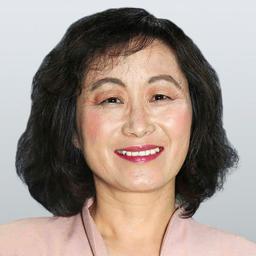Ottawa—Conservative leadership contender MP Pierre Poilievre, in the campaign’s first leadership debate on May 5, insisted that fellow candidate former Quebec premier Jean Charest reveal how much money he made doing lobbying work for Huawei Technologies, but he did not get an answer.
Close to an hour into the 90-minute event, Poilievre grabbed the chance when moderator Jamil Jivani announced open rebuttal time for candidates to speak on comments other candidates just made on how they would approach American cultural wars and what Jivani described as Prime Minister Justin Trudeau’s eagerness to import them into Canada.





